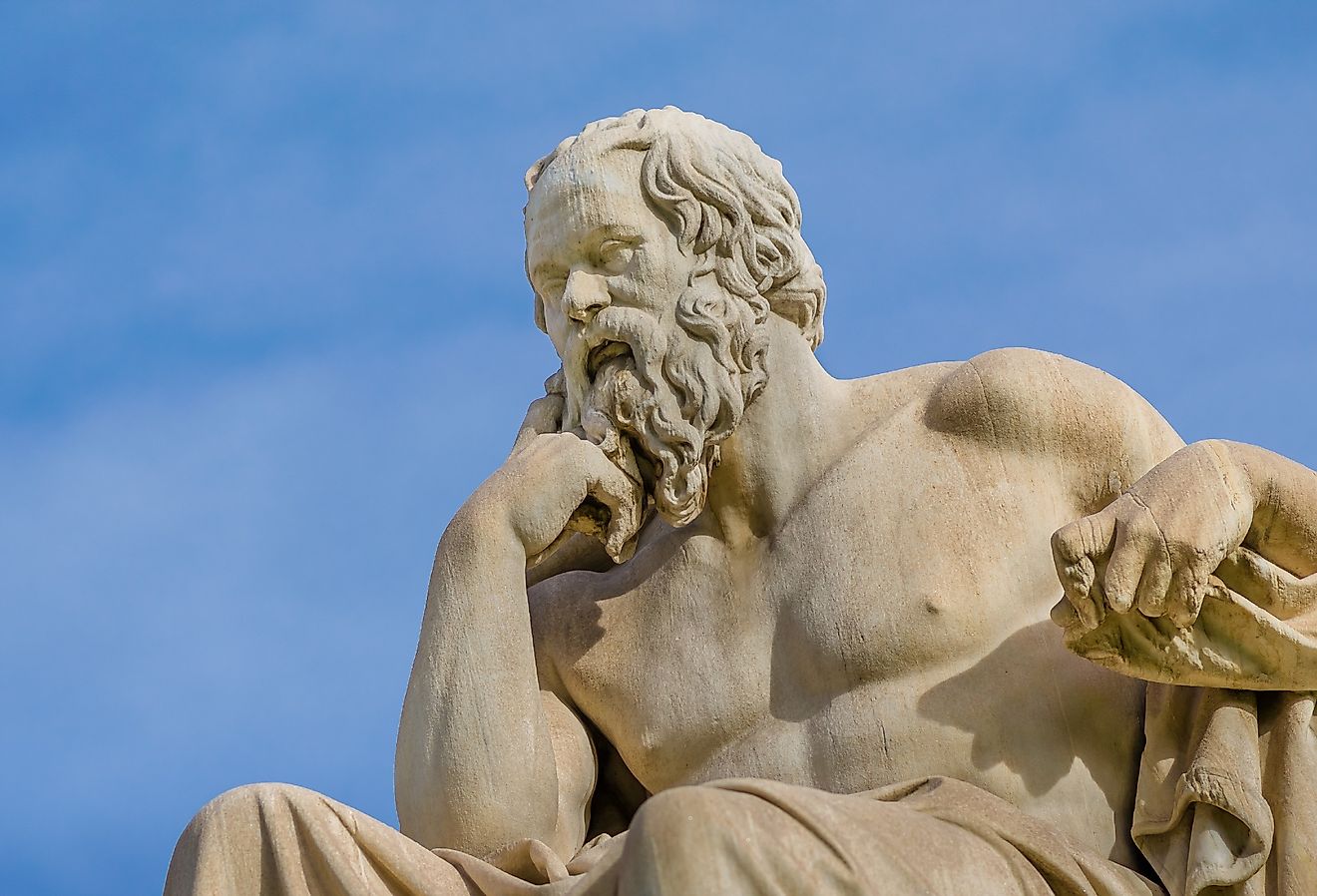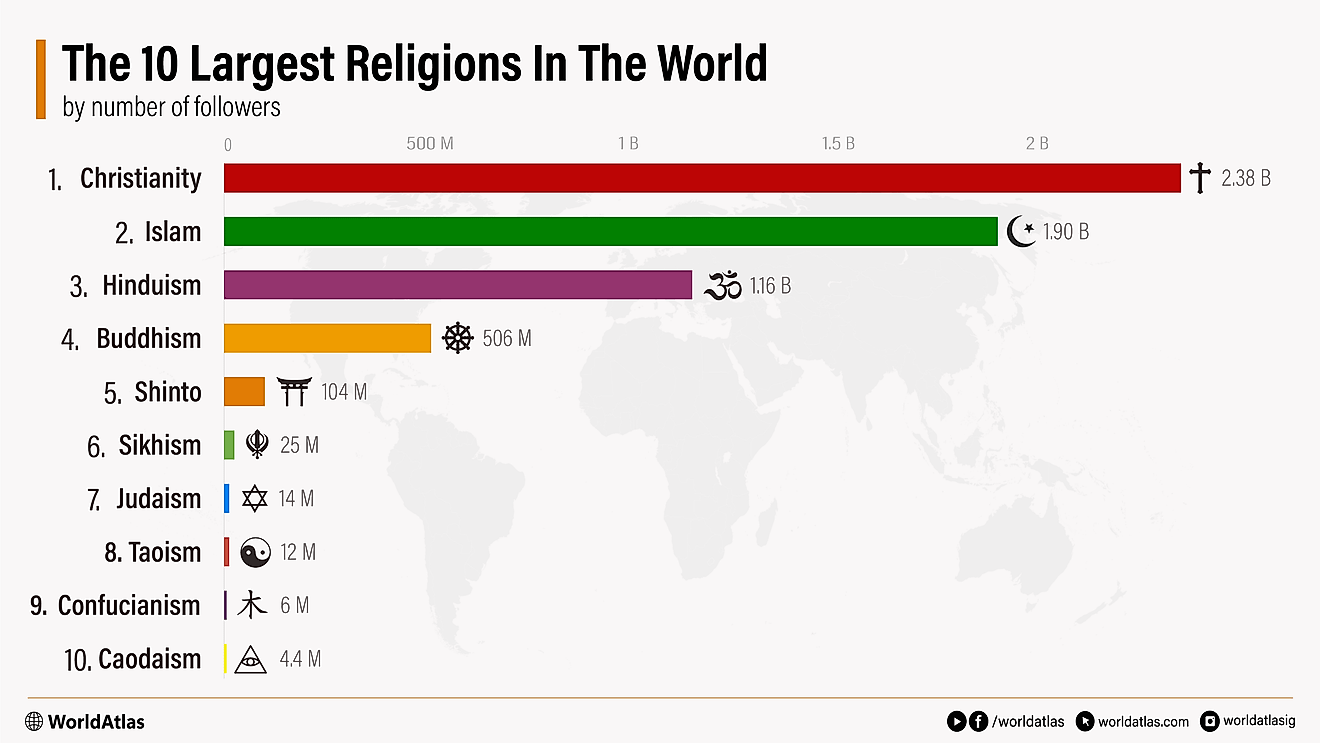What Is A Polymath?

The world in which we live in stresses hyper-specialization as a means of reaching full potential. Graduates are encouraged to narrow down to an area of expertise to enable then fit in a specific niche. Young people are encouraged to choose specific sports they most excel in rather than engage in all the sports if they have any hope for a professional career. Sadly, the practice of specializing in a single discipline is slowly eliminating the once-popular aspiration of becoming an all-around person able to strive in more than one discipline. A person ought to have a firm grip on every aspect of their lives and to solve the life’s mysteries in different disciplines.
Definition Of A Polymath
A polymath is a person with a wide expertise or broad knowledge spanning over a wide range of different subjects or a person who excels in a wide variety of disciplines or subjects. It means that the person’s knowledge is not limited to a single subject but draws on complex bodies of knowledge to provide a solution to a problem. Polymath is used to describe great thinkers of the Renaissance who excelled in several fields including science and art. Examples of a polymath in history include Leon Battista Alberti who was an accomplished architecture, painter, mathematician, and a poet, and Leonardo da Vinci who was renowned in the diverse field of art, science, music, and literature.
Renaissance Ideal
A Renaissance man is a gifted person who seeks to develop his abilities in all the areas of accomplishment including intellectually, artistically, and physically. The term ‘Renaissance man’ was first used in the 20th century but it refers to great thinkers, both past, and present. Several polymaths lived during the Renaissance period which began in Italy around 14th century before spreading to the rest of Europe. The ideal of Renaissance humanism was characterized by the acquisition of knowledge in a wide range of subjects. To fulfill the Renaissance idea, one was expected to speak several languages, play several musical instruments, and engage in art, and so on. Universal education was necessary for achieving a polymath ability leading to the invention of the word ‘university’ which was used to describe a seat of learning. The universities trained students in a broad range of science, philosophy, and theology. Today’s Renaissance man is associated with a person having superficial knowledge in several fields or possesses more than one talent.
Recognized Polymaths
Apart from Leonardo da Vinci and Leone Battista Alberti, several men and women in history are considered polymaths. H G Wells was a British polymath and historian who compressed the entire history of the world in a single volume. Mary Somerville was a celebrated scientist who wrote on several topics and subjects including astronomy, mathematics, chemistry, and geology. Herbert Simon is famous for his work in psychology, artificial intelligence, and a Nobel Prize winner in Economics. Thomas Jefferson was a polymath whose list of accomplishment varied greatly in several fields including drafting of the US Declaration of Independence. Other famous polymaths include Thomas Young, Benjamin Franklin, Aristotle, Isaac Newton, and Galileo Galilei. Many polymaths from across the centuries are from the field of medicine and science as a whole discipline.











